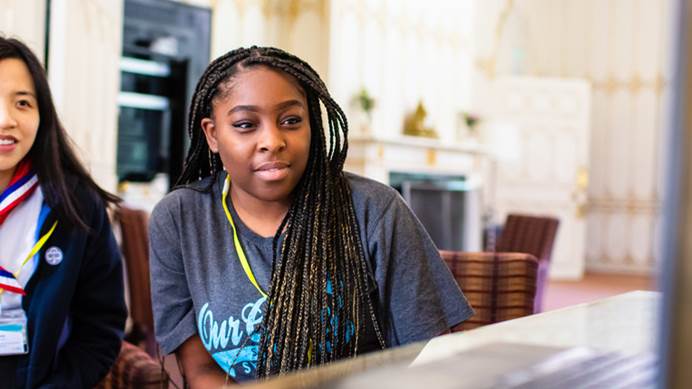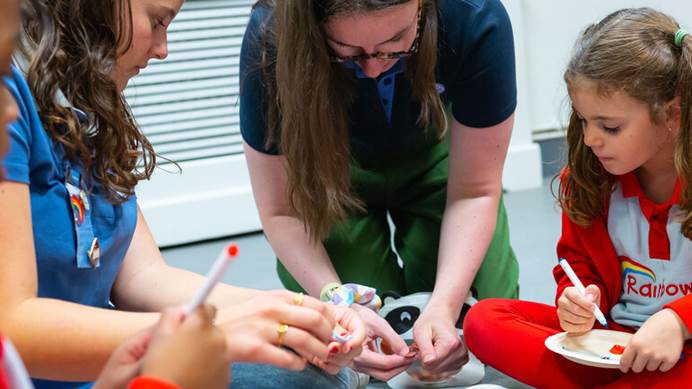Online banking
Manage unit and level finances on the go
Online and mobile banking can be a great way to manage finances for your unit or level on the go.
This guidance is part of our finance procedures.
If there's more than one bank account for your unit or level, and they are with different banks, you might be able to link them using open banking. This connects banks together, so you can see balances and transactions without having to login to each account separately.
Banking online safety
Be sure to bank online safely so that you don't put unit or level finances at risk. Some top tips are to:
- Make sure to download the official app for your bank, which you should be able to find on their website.
- Use extra security features like Verified by Visa and 3D Securecode whenever you can.
- Be wary of emails, texts or phone calls that say they are from your bank, HMRC, or even the police. Never share passwords or other personal details and don't click on suspicious links. If you’re unsure if a phone call is legitimate, hang up and call back using a number from somewhere else, like the bank website or a paper statement. Use a different phone if you have one.
- Don't transfer money to a ‘safe account’. These are run by scammers who try to get you to transfer all of your money to a 'safe account' by telling you that your bank account has been compromised.
- Only use secure wifi connections to access the account. Instead of using public wifi accounts, use your phone’s 3G, 4G, or 5G connection.
- Make sure your password or passcode isn't easy to guess. Don't use the same one for more than one account.
- Check that no one else can see your banking details on your computer or phone screen when you're looking at your account
- Make sure your phone or computer has security settings enabled. Computers should always have up-to-date anti-virus software installed and mobile phones should have a password or code to unlock the device.
And these are the things to definitely avoid:
- Sharing your online banking or mobile banking credentials with anyone, including other volunteers.
- Using a shared email address as the address linked to the account, including ones used by family members or other volunteers. This is a data security risk.
- Linking your unit or level account to your personal online or mobile banking account through open banking.
Dual authorisation
Lots of banks now offer online banking with dual authorisation but you'll need to specifically ask for this and set it up when you open the account. You'll also need to make sure it is set up for each of the account's signatories who will be using it.
Dual authorisation works by one of the signatories logging into the account and setting up a payment. A second signatory then logs in and authorises it. The payment will be made once the second signatory authorises it. The first person can see the payment in the list of ‘awaiting transactions’ but won’t be able to do anything more. The second person gives the final authorisation to the bank.
Where a unit is run by multiple members of the same family the authorisation has to come from someone from outside the family.
If dual authorisation is set up, you won’t need to provide evidence that each transaction was agreed in advance as part of the end of year review process. This could save you a lot of work, so if dual authorisation is an option we highly recommend it.
If it's not available, transactions made through online or mobile banking must be agreed in advance by another signatory and there must be evidence for this agreement. This could be through meeting notes, where spending was agreed and assigned to you, or it could be with an email, text, Facebook message or WhatsApp message between signatories. It’s important that this evidence is easy to find in future, as it will be needed for the end of year review of the account.
You might want to think about which form of communication will be the easiest to share with the independent reviewer; emails can be easily printed out, but texts and WhatsApp conversations may need to be screenshotted and pasted into a document before printing.
Where a unit is run by multiple members of the same family the authorisation needs to comes from someone outside of the family.







